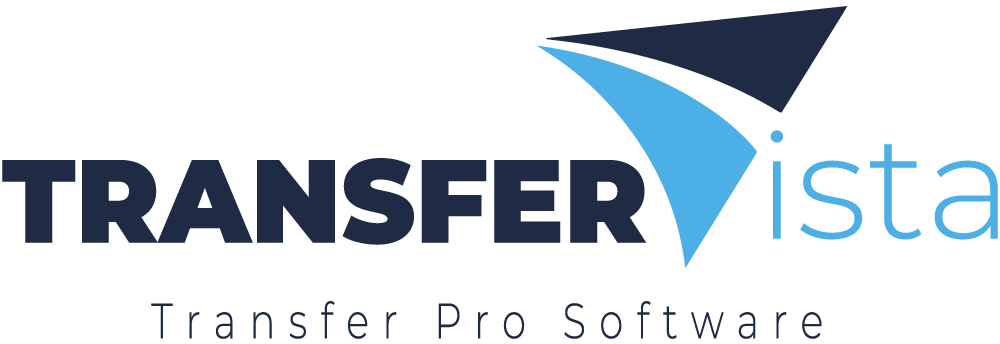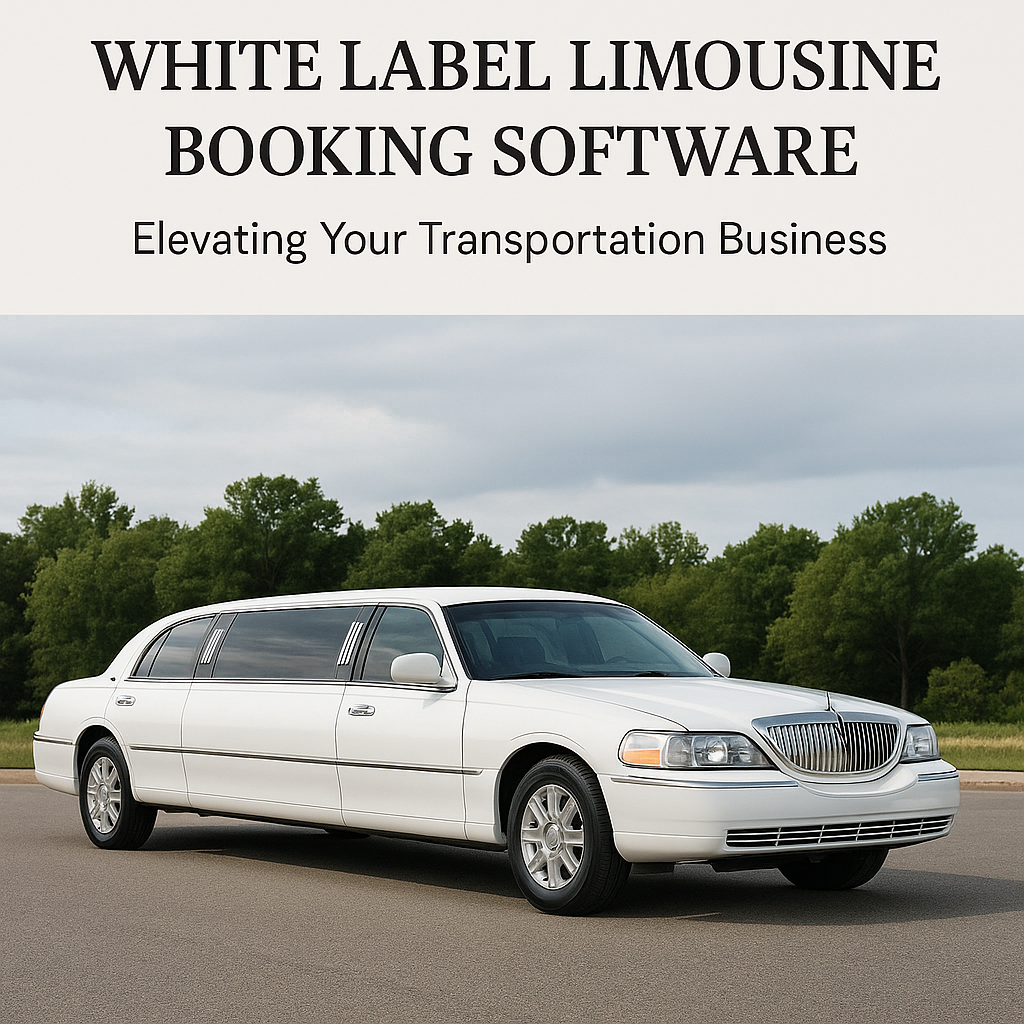White Label Limousine Booking Software: Elevating Your Transportation Business
1. Introduction to White Label Limousine Booking Solutions
In the dynamic and fiercely competitive landscape of luxury transportation, adaptability and efficiency are paramount. As customer expectations soar and the demand for seamless, on-demand services continues to grow, limo and chauffeur businesses are increasingly turning to sophisticated technological solutions to maintain their edge. Among these, white label software stands out as a transformative force.
A white label solution refers to a product or service developed by one company (the producer) that another company (the marketer) rebrands to make it appear as if they had created it. In the context of limousine booking, this means a robust software platform, built and maintained by a specialized tech provider, that a limousine company can customize with their own branding, logo, and identity, offering it directly to their clients as their proprietary system.
The importance of white label limo software in the transportation industry cannot be overstated. It democratizes access to cutting-edge technology, allowing businesses of all sizes to offer advanced booking, management, and customer service functionalities without the prohibitive cost and time investment required for in-house development. For limo service organizations, which thrive on impeccable service and a luxurious experience, a professional and seamless booking process is a direct reflection of their brand quality.
The market potential for limousine services that leverage such technology is immense. The global chauffeured transportation market is projected to grow significantly, driven by an increasing demand for premium travel experiences, corporate mobility solutions, and event transportation. Businesses equipped with efficient, user-friendly limo booking software are better positioned to capture a larger share of this expanding market, optimize their business operations, and significantly enhance their customer satisfaction. By adopting white label limo booking solutions, limousine companies can focus on what they do best – providing exceptional service – while leaving the complex software development and maintenance to experts. This is how you grow your limo business.
2. Key Features of Ideal Limousine Booking Software
A truly effective white label limousine booking software is more than just a reservation system; it’s a comprehensive operational hub. The ideal solution integrates a suite of advanced features designed to streamline every aspect of a chauffeured transportation business.
- Real-time vehicle tracking: This fundamental feature allows both dispatchers and customers to monitor the exact location of vehicles in real-time. For businesses, it optimizes dispatching, improves response times, and enhances operational transparency. For customers, it provides peace of mind, allowing them to track their ride’s arrival and ensuring they are ready for pickup. This feature often includes estimated time of arrival (ETA) calculations and route optimization, leveraging real-time traffic updates.
- Automated reservation management: Manual booking processes are prone to errors and inefficiencies. Automated reservation management systems allow customers to make an online limo reservation or via a mobile app 24/7, with instant booking confirmation. This includes managing single trips, round trips, hourly bookings, and complex itineraries, automatically allocating resources and updating schedules. Features like instant quotes, promo codes, and recurring bookings are also critical. The software allows you to manage bookings efficiently.
- Customizable booking interfaces: The white label nature mandates highly flexible interfaces. Businesses should be able to tailor the look and feel of the booking portal and mobile app to perfectly match their brand guidelines. This includes custom branding (your business logo, colors, fonts), specific service offerings, pricing structures, and even specific terms and conditions, ensuring a consistent brand experience for the end-user. This enables personalized booking experiences.
- Payment gateway integration: Secure and diverse payment options are non-negotiable. The software allows integration with popular payment gateways (e.g., Stripe, PayPal, Square) to facilitate seamless credit card payments, digital wallets, and sometimes even corporate accounts or invoicing. Automated invoicing, payment processing, and refund management reduce administrative burden and provide transparency.
- Driver and fleet management tools: This suite of features is crucial for operational efficiency. It encompasses driver profiles, performance tracking, dispatching tools, automated assignment based on availability and location, shift management, and commission calculations. For fleet management, it includes vehicle maintenance scheduling, licensing and insurance tracking, mileage logs, and fuel consumption monitoring. Robust communication tools between despacho de limusinas and drivers (e.g., in-app messaging via a driver app or chauffeur app) are also vital. This directly supports your limo dispatch operations.
3. Technical Architecture
The backbone of any reliable limousine booking system is its technical architecture. A well-designed system ensures stability, security, and scalability.
- Cloud-based infrastructure: Modern solutions are almost exclusively hosted on cloud platforms (e.g., AWS, Azure, Google Cloud). This offers unparalleled advantages in terms of scalability, reliability, global accessibility, and cost-efficiency. Cloud hosting eliminates the need for businesses to manage their own servers, ensuring high uptime and automatic updates.
- Mobile and web application compatibility: El limo software must be accessible across multiple platforms. This typically includes a responsive web application for desktops and laptops, and dedicated mobile applications for both iOS and Android devices for customers, drivers, and administrators. A functional limo booking app y limousine booking app are essential. Seamless user experience across all devices is critical for engagement.
- Security and data protection protocols: Given the sensitive nature of passenger data and payment information, robust security is paramount. This involves end-to-end encryption, regular security audits, compliance with data protection regulations (e.g., GDPR, CCPA), secure login protocols (e.g., multi-factor authentication), and stringent access controls. Disaster recovery and data backup strategies are also essential to prevent data loss, safeguarding customer details.
- Scalability considerations: As a limo business grows, its software must be able to handle increasing volumes of bookings, users, and data without degradation in performance. The architecture should be designed to scale resources up or down dynamically, accommodating peak demand periods and business growth.
- API integration capabilities: For enhanced functionality and interoperability, the software should offer robust Application Programming Interfaces (APIs). This allows for seamless integration with other third-party software systems such as CRM (Customer Relationship Management) software, accounting platforms (e.g., QuickBooks), flight tracking systems, hotel management systems, and other business intelligence tools, creating a holistic ecosystem.
4. Business Benefits
Adopting a white label limousine booking software solution delivers a multitude of tangible benefits that directly impact a company’s bottom line and market standing.
- Reduced operational costs: Automation of booking, despacho de limusinas, and payment processes significantly reduces the need for manual intervention, thus lowering labor costs. Optimized routing and efficient vehicle utilization also contribute to fuel savings and reduced wear-and-tear on vehicles. Less administrative overhead translates directly into cost savings. This helps your service business thrive.
- Enhanced customer experience: A seamless, professional, and accessible booking process elevates the customer experience. Features like real-time fleet tracking, instant confirmations, and diverse payment options contribute to higher customer satisfaction, leading to repeat business and positive word-of-mouth referrals. The convenience offered by a modern booking software in the market appeals to today’s tech-savvy consumers.
- Branding opportunities: Despite being a white-label product, the ability to fully brand the software as one’s own company reinforces brand identity and professionalism. Customers interact directly with “your” system, strengthening their connection to your brand rather than a generic third-party app. This builds trust and loyalty, positioning the limousine company as a modern and reliable limo service provider. It helps to make your limo service professional and unique.
- Simplified fleet management: The integrated tools for driver and vehicle management consolidate crucial information in one place. This simplifies tasks such as scheduling maintenance, tracking vehicle performance, managing driver shifts, and ensuring compliance, leading to better asset utilization and reduced downtime. Centralized control from a dispatch platform empowers dispatchers and administrators to manage operations more effectively.
- Increased booking efficiency: The automation of the booking process means that reservations can be made 24/7, without requiring staff intervention. This increases the potential for bookings outside of business hours and reduces the time spent on managing reservations, allowing staff to focus on customer service and other value-added activities. Instant availability checks and confirmation also accelerate the booking cycle, leading to greater capacity utilization. This adds significant value to your business.
5. Implementation Strategies
Successfully integrating a limousine software solution requires a strategic approach, encompassing onboarding, customization, training, and financial planning.
- Onboarding process: A reputable white label limo dispatch vendor will provide a structured onboarding process. This typically includes initial setup assistance, data migration from existing systems (if any), and configuration of services, vehicles, pricing, and user accounts. A smooth onboarding ensures minimal disruption to ongoing operations.
- Customization options: Before deployment, businesses must leverage the software’s customization capabilities. This includes branding (logos, color schemes), defining specific service types (e.g., airport transfer, hourly, special events), setting up custom pricing rules based on distance, time, and vehicle type, and configuring preferred payment methods. The extent of customization should meet the specific operational needs and brand identity of the limousine company. The booking software is developed to be flexible.
- Training and support: Comprehensive training for administrators, dispatchers, drivers, and even customer service personnel is crucial. This ensures that all users are proficient in leveraging the software’s features. Ongoing technical support from the vendor (via phone, email, or live chat) is equally important for troubleshooting, updates, and addressing any queries that arise post-implementation.
- Cost models: White label solutions typically come with various pricing models. These might include subscription-based fees (monthly or annual), per-booking transaction fees, or a hybrid model. Businesses must carefully evaluate these models in relation to their projected booking volume and budget to choose the most cost-effective option. Understanding all potential costs, including setup fees and add-on modules, is essential. Some might even offer a free trial.
- Integration with existing systems: If a limousine company already uses specific CRM, accounting, or flight tracking software, seamless integration with the new booking platform is critical to maintain data flow and avoid silos. This often requires utilizing the API capabilities of both the white label platform and the existing systems. A well-integrated ecosystem enhances data accuracy and operational synergy for your transportation business online.
6. Market Trends and Future Outlook
The transportation industry is undergoing rapid evolution, and limo dispatch software must adapt to these changes to remain relevant and effective.
- Digital transformation in transportation: The shift from traditional, manual booking methods to fully digital, automated platforms is unstoppable. Customers expect convenience and efficiency, driving companies to adopt digital solutions to meet these demands and stay competitive. This trend encompasses real-time data, online limousine reservation capabilities, and mobile accessibility as standard expectations.
- AI and machine learning potential: These technologies are poised to revolutionize various aspects of limousine services. AI can optimize routing algorithms for maximum efficiency, predict demand patterns to guide fleet allocation, personalize customer experiences based on booking history, and even enhance predictive maintenance for vehicles. Machine learning can refine pricing strategies and identify fraudulent activities.
- Emerging technologies: The integration of IoT (Internet of Things) devices in vehicles for enhanced telematics, the potential for autonomous vehicles in the long term, and advancements in payment technologies (e.g., cryptocurrency, biometric payments) will shape the future of chauffeur-driven service business. White label solutions that are agile enough to incorporate these innovations will lead the market.
- Customer expectations: Modern customers expect more than just a ride; they demand a personalized, seamless, and transparent experience. This includes easy reserva de limusina, real-time updates, clear communication channels, and environmentally conscious options. Software that can facilitate these evolving expectations will be highly valued.
- Competitive landscape: The rise of ride-sharing apps has increased competition but also broadened the market for on-demand transportation. Limousine services leveraging advanced limousine dispatch and booking software can differentiate themselves by offering unparalleled luxury, reliability, and personalized service that mass-market solutions cannot match. The competitive edge will increasingly come from technological sophistication and superior customer experience. This is crucial for the industria de las limusinas.
7. Choosing the Right White Label Solution
Selecting the optimal chauffeur booking software is a critical decision that can significantly impact a business’s future success. Diligent research and evaluation are essential.
- Vendor evaluation criteria: Look for vendors with a proven track record in the transportation software industry. Assess their experience, client testimonials, and their commitment to ongoing development and innovation. Consider their technical expertise, customer support quality, and financial stability.
- Feature comparison: Conduct a meticulous comparison of features offered by different providers. Do they meet all your current operational needs? Can they scale to accommodate future growth? Are there any crucial features missing that would require workarounds or additional investments? Prioritize features that directly address your pain points and enhance your core services. This includes assessing their software de despacho y software de reservas capabilities.
- Total cost of ownership (TCO): Beyond the initial setup or subscription fees, consider the TCO, which includes potential costs for customization, additional modules, training, ongoing support, and any transaction fees. A seemingly cheaper upfront option might accumulate higher costs over time due to hidden charges or inadequate features.
- Customer support quality: This is a crucial, yet often overlooked, factor. Evaluate the responsiveness, availability (24/7 support?), and expertise of the vendor’s support team. Reliable support makes a significant difference during implementation and in addressing any operational issues, minimizing downtime.
- Scalability potential: Ensure the chosen solution can seamlessly grow with your business. If you plan to expand your fleet, services, or geographical reach, the software should be capable of handling increased capacity and complexity without requiring a complete system overhaul. This defines your ideal sistema de despacho de limusinas.
8. Case Studies and Success Stories
Real-world examples provide invaluable insights into the practical benefits and return on investment (ROI) of limo and chauffeur booking software.
- Real-world implementation examples: Seek out case studies published by vendors. These often detail how specific limousine companies (perhaps anonymized) leveraged the software to overcome challenges, streamline operations, and achieve specific business goals. Look for examples from businesses similar in size or scope to your own. Some might even mention specialized solutions like Unicotaxi Limo Dispatch and Booking.
- ROI analysis: Case studies often include data on ROI, such as reduced operational costs, increased booking conversion rates, improved fleet utilization, or higher customer satisfaction scores. These metrics provide concrete evidence of the financial and qualitative returns achievable through software adoption.
- Client testimonials: Direct quotes and testimonials from existing clients offer authentic perspectives on the software’s performance, ease of use, and the quality of vendor support. Look for detailed testimonials that highlight specific benefits and address potential concerns.
- Métricas de rendimiento: Examine any performance metrics presented, such as reduction in manual errors, average booking time, customer retention rates, or efficiency gains in dispatching. These quantitative measures underscore the software’s impact on operational effectiveness and provide insights into business performance. This helps to make informed business decisions.
9. Conclusion
The luxury transportation sector is evolving, and technological adoption is no longer a luxury but a necessity. White label limousine booking software presents an unprecedented opportunity for businesses to modernize their operations, enhance their brand, and significantly elevate the customer experience without the formidable challenges of in-house software development. This is how you can proudly create your luxury limo business.
Summarizing key takeaways, these solutions offer comprehensive features from real-time fleet tracking and automated reserva de limusina to robust fleet management and secure payment integrations. Built on scalable cloud infrastructure with strong security protocols, they promise reduced operational costs, increased efficiency, and powerful branding capabilities. Strategic implementation, robust training, and continuous vendor support are paramount for maximizing their potential. For any limo or chauffeur service, this is a vital tool.
Future predictions for this segment point towards deeper integration of AI and machine learning for predictive analytics and personalization, alongside adapting to emerging technologies like autonomous vehicles and advanced telematics. Customer expectations for seamless, intuitive, and environmentally conscious services will continue to drive innovation.
For limousine businesses poised for growth and seeking a competitive edge, the recommendation is clear: embrace a high-quality white label dispatch system. It’s an investment in efficiency, customer satisfaction, and long-term viability, positioning your company at the forefront of the limousine industry. By leveraging the power of specialized software, you can focus on delivering the unparalleled service and luxurious experience that your clients expect, ensuring your limo business not only survives but thrives in the digital age. It’s truly dedicated to help your business succeed.


